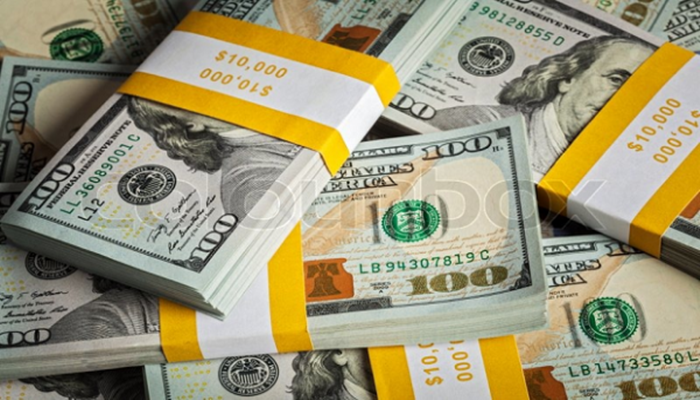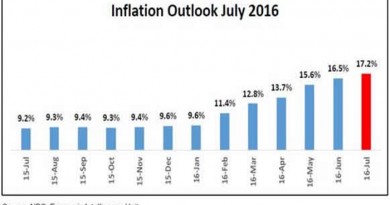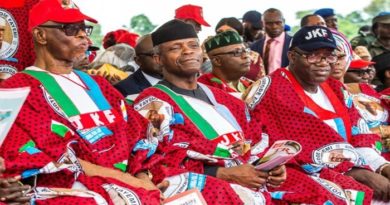Foreign exchange inflows rise to $6.3bn Q1, 2018
The Capital Importation report of the National Bureau of Statistics (NBS) released on Friday has revealed that for the fourth consecutive quarter, Nigeria’s economy witnessed a continuous growth in total capital importation, even in the first quarter of 2018.
The total value of capital imported in the quarter stood at $6,303.63 million, translating to a year on year increase of 594.03 per cent and a 17.11 per cent growth over the figure reported in the previous quarter.
The Bureau attributed the increase in capital inflow during the quarter to increase in portfolio investment, which grew from $3,477.53 million in the previous quarter to $4,565.09 million, accounting for 72.42 percent of total capital importation during the quarter.
NBS divided capital importation into three main investment types: Foreign Direct Investment (FDI), Portfolio Investment and Other Investments, each comprising various sub-categories.
Since quarter two of 2017, it explained that portfolio investment has been expanding faster than the other two categories, remaining the largest component of capital imported in first quarter of 2018 at 35 per cent of total capital imported.
FDI and Other Investment accounted for 3.91 per cent and 23.67 percent of total capital importation into Nigeria in the quarter under review.
In the first quarter, FDI stood at $246.62 million, falling by 34.83 per cent from the figure reported in the previous quarter, and growing by 16.67 per cent on a year-on-year basis.
According to NBS, FDI in Nigeria was still weak when compared to portfolio investment and Other Investment, representing only 3.9 per cent of total capital imported.
“Equity Investment, a sub-category under FDI contributed $246.61 million or 99.9 per cent of FDI during the quarter, while Other Capital under FDI contributed less than 0.001 percent.”
Banking remained the leading sector for FDI inflow, which attracted the most considerable amount of capital investment.
“During the first quarter, $1.18 billion overseas investment flowed to the banking sector, which accounted for 18.7 per cent of the total capital importation exceeding production, servicing and telecoms sectors to become the second leading sector to receive capital investment, attracting $485.41 million during the quarter.
Abuja remained the leading state to receive foreign capital inflow after it overtook Lagos in the fourth quarter of 2017, recording an amount of $3.54 billion.
At the same time, capital importation to Lagos increased marginally by 4.59 per cent from $2.55 billion in the last quarter to $2.67 billion in Q1, 2018, while Capital Importation to Akwa Ibom was $43.62 million, which is a decline of 65.05 per cent from the figure reported last quarter ($124.85 million).
In contrast, Ogun, Bauchi, and Kano witnessed strong growth in foreign capital inflow in the first quarter, each recorded respective growth rates of 182.06 per cent, 370.59 per cent, and 154.84 per cent on a quarter-on-quarter basis.
The United Kingdom kept its leading role in capital investment in Nigeria in the first quarter of 2018, with $2.25 billion capital invested in Nigeria.
The US has also been one of the most important investors in Nigeria, usually either the largest or second largest investor country.




